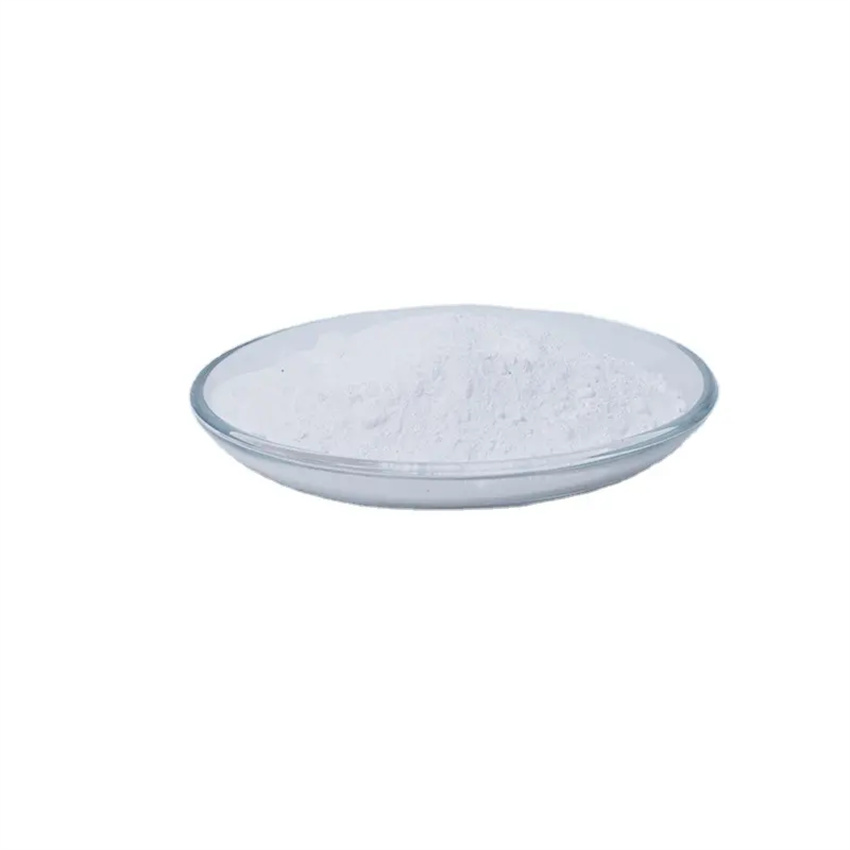(A) What is Silicon Fertilizer Silicon fertilizer is a kind of mineral fertilizer mainly composed of calcium silicate, also known as silicon calcium fertilizer or silicon calcium and magnesium fertilizer, slightly alkaline, insoluble in water, soluble in acid. The appearance of silicon fertilizer is white, beige, or black powder, depending on the raw materials. It is non-toxic, odorless, non-corrosive, non-deteriorating, and not easily lost. The density of silicon fertilizer is from 5000 to 3000 kg/m3, and its mineral composition is mainly amorphous glass. The main composition of silicon fertilizer is: CaSi03, Ca2SiO4, Mg2SiO4, Ca3Mg(SiO4)2 and so on. Silicon fertilizer also contains many trace elements, such as Mn, Cu, Zn, Co, etc.
(b) Why Silicon Fertilizer Can Increase Crop Yield Silicon fertilizer can be used as fertilizer and provide nutrients, and can also be used as a soil conditioner to improve soil. In addition, it also has the functions of disease prevention, insect control and attenuating. Specifically has the following effects:
1. Silicon is an important nutrient element of plant composition. Most of the plants contain large amounts of silicon. For example, when 1000 kg of rice is produced, the uptake of SiO2 in rice above ground reaches 150 kg, which exceeds the sum of nitrogen, phosphorus and potassium absorbed by rice. The higher the grain output, the more nitrogen fertilizer is needed to apply more silicon fertilizer.
2. After silicon is absorbed by crops, silicified cells are formed to increase the strength of plant cell walls. Upright stems and leaves of plants are erect, which facilitates dense planting, improves photosynthesis of foliage, and is conducive to the accumulation of air and light and organic matter. Silicon can increase the chlorophyll content of plants, extend the growth period, and promote plant growth. As a result, silicon fertilizers have changed the population structure of crops and have great potential for increasing crop yields.
3. The formation of silicified cells increases the thickness of the cell wall of the crop and increases the stratum corneum, thereby increasing the resistance to pests and diseases, especially for rice blast, rice planthopper, leaf spot, stem rot, small mucous sclerotinia, and white. Resistance to diseases such as leaf blight, wheat powdery mildew, rust, aphids, and roundworms. This can reduce the amount of pesticides.
4. Silicon can enhance the strength of the straw at the base of the plant, increase the rigidity of the crop conduits, and enhance the ventilation inside the plants, thereby enhancing the oxidative capacity of the root system, preventing premature aging and rot, and enhancing lodging resistance. Such as Gui has a strong role in the prevention and control of rot disease in rice, in particular, silicon can prevent and control high-yielding rice and other crop lodging.
Silicified cells in the crop can effectively regulate leaf stomata opening and closing and water transpiration. Therefore, the application of silicon fertilizer enhances the ability of crops to resist drought, dry hot wind and resist low temperature.
6. Silicon can reduce the fixation of phosphate fertilizers in soil. At the same time, there are phosphorus in activated soil and the action of phosphorus in the plant to increase the utilization of phosphate fertilizer and the seed setting rate of crops.
7. Silicon can increase pollen vigor and increase the fruit rate of fruits and melons.
8. Silicon fertilizer is a health-care fertilizer that can improve the soil, increase the soil salt base, promote the decomposition of organic fertilizers, and inhibit soil bacteria.
9. Silicon is a quality element, which has the effect of improving the quality of agricultural products, makes the product color, aroma and taste, and is resistant to storage and transportation.
10. Silicon fertilizer can prevent and control heavy metal pollution on farmland, which is of great significance to the prevention of heavy metal pollution such as cadmium, manganese, lead, etc. in areas where sewage is used for irrigation and sludge is used as fertilizer in China. Silicon fertilizer can also prevent the damage of hydrogen sulfide, methane and other crop roots.
Inkjet Receptive Coating, Anticorrosion Pigments, Matting Agent
